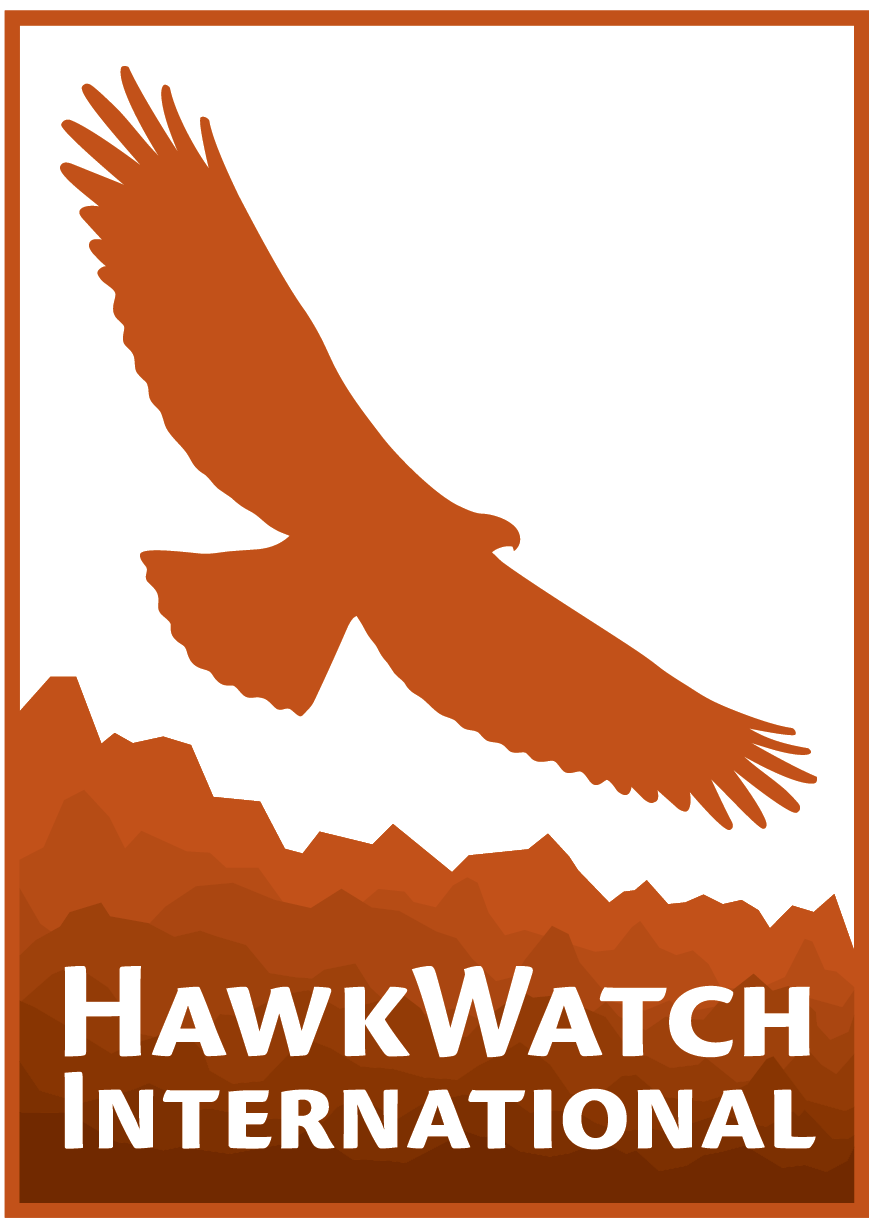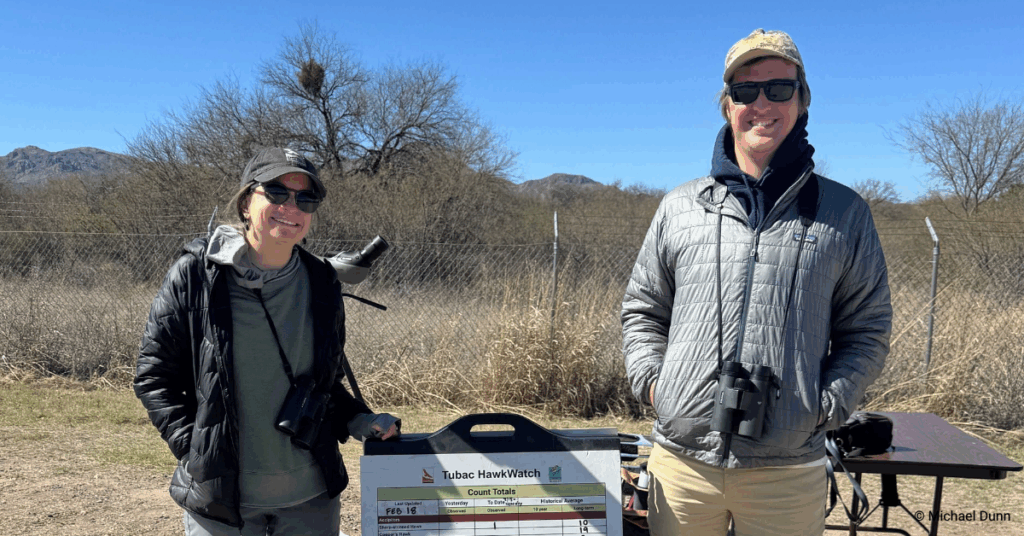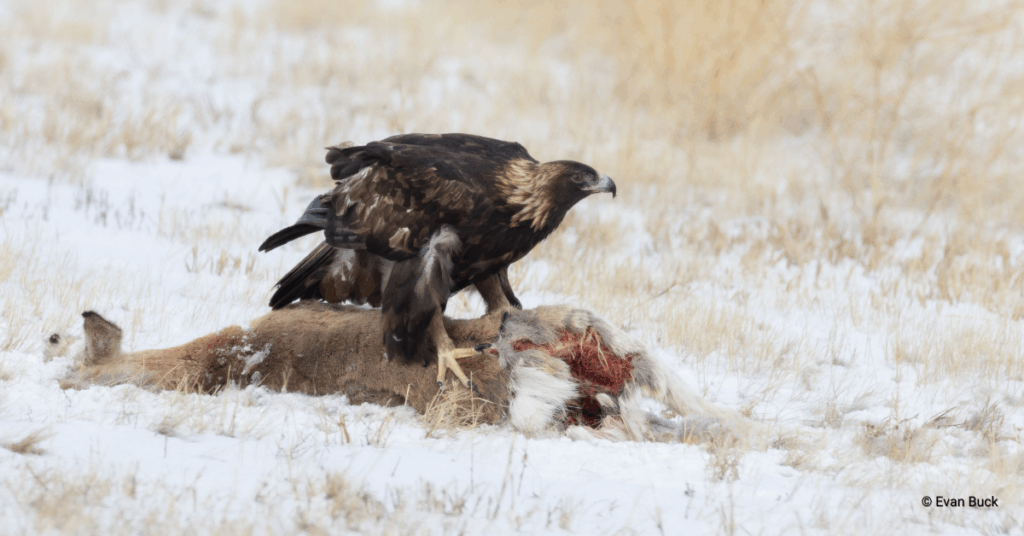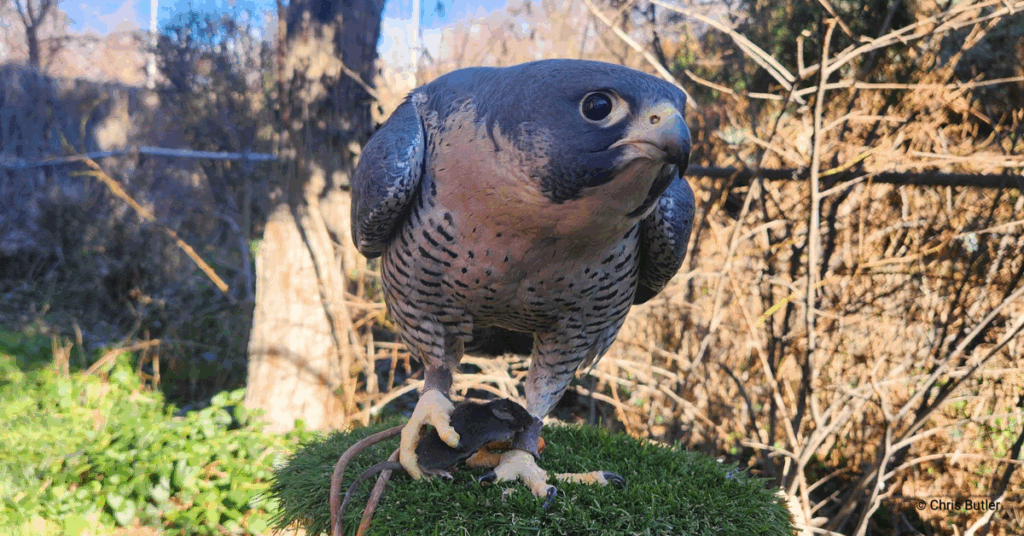After receiving over 60 applications to study 34 different raptor species in 26 countries across the globe, four scientists have been selected to receive HawkWatch International (HWI)’s Global Raptor Research and Conservation Grant. Three of this year’s winners will study species for which there are no published studies, including two species of owl.
David Ricardo Rodríguez-Villamil was awarded $2,500 to conduct groundbreaking research into the basic biology and natural history of the Cloud-forest Pygmy-Owl, a Vulnerable species that lives in the western slope of the Andes of Colombia and Ecuador. David is the second scientist from Colombia to receive the Global Raptor Grant.
Asman Adi Purwanto was also selected to conduct groundbreaking research on owls. Asman, the Executive Director of BISA Indonesia Society, was awarded $2,192 to document for the first time the distribution of Javan-scops Owl in Mount Merbabu National Park Central Java.
Marilyn F. Dela Torre joins David and Asman in conducting research on a species with zero published studies. Marilyn was awarded $2,500 to document the distribution and abundance of the Endangered North Philippine Hawk-eagle in an ancestral forest on Luzon Island.
With even more applicants than last year, the grant review panel decided to select a fourth recipient for the grant in 2022. Million Abushi Tiko was awarded $2,500 to study the Critically Endangered Hooded Vulture in Ethiopia. Although 27 studies have been published on the species, little data exists on the natural and anthropogenic variables that influence the Hooded Vulture’s population distribution and conservation priority in southwestern Ethiopia. Million hopes the findings from this study will be used to prioritize conservation actions for the protection of this precipitously declining species.
HWI’s Global Raptor Research & Conservation Grant supports projects addressing raptor conservation priorities and knowledge gaps around the world. The grant aims to increase diversity and inclusivity in conservation while building local capacity. Out of a total of 57 qualifying proposals representing nearly $140,000 in requests, HWI approved four projects for funding, totaling nearly $10,000 in awards. The funding rate was >7%.
The review panel, composed of four HWI scientists, evaluated proposals based on the scientific rigor, conservation impact, and contribution to local capacity development of each proposal. They also paid particular attention to the need of each applicant, such as whether the applicant had other funding options available to them.
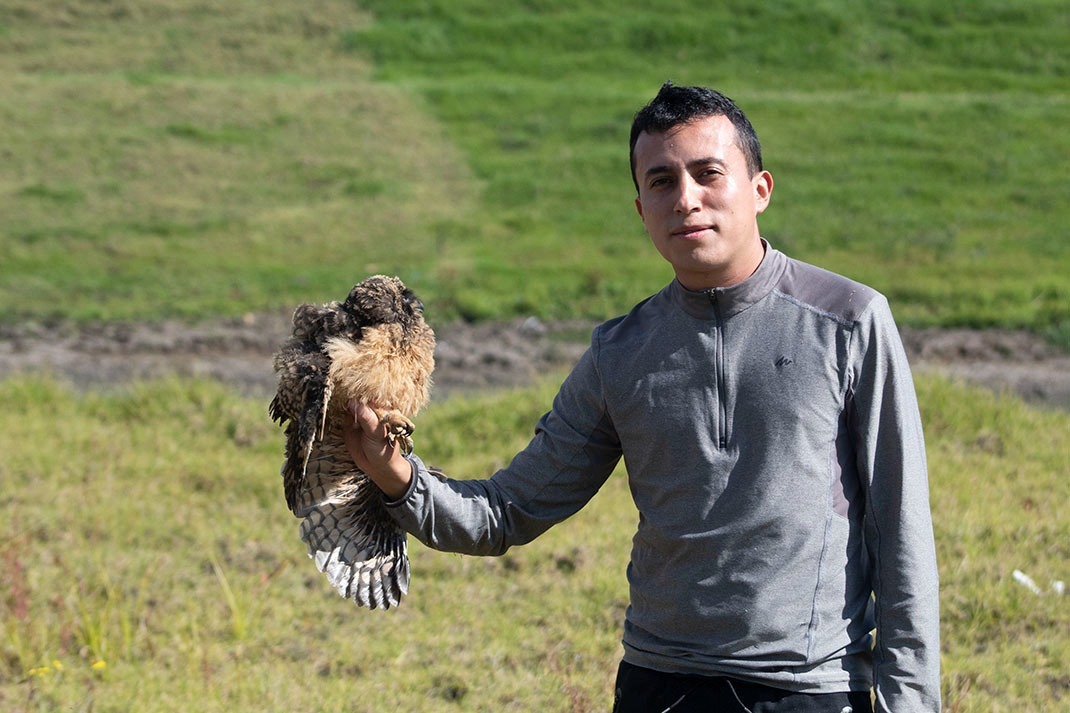
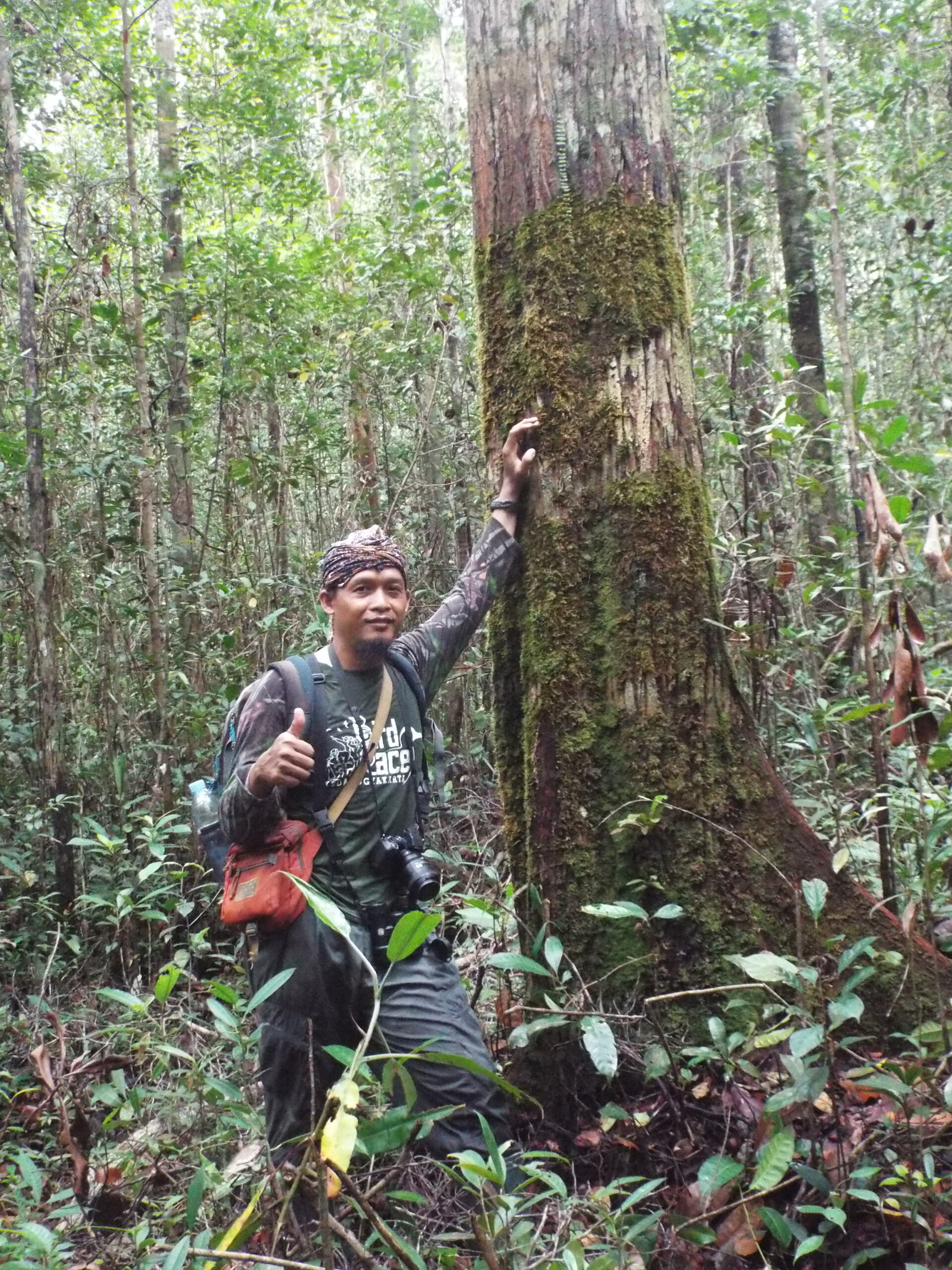
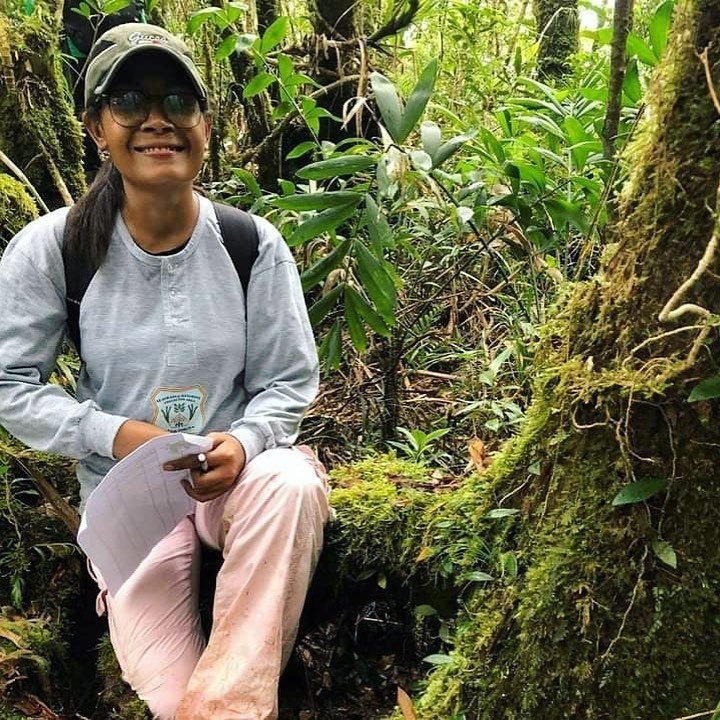
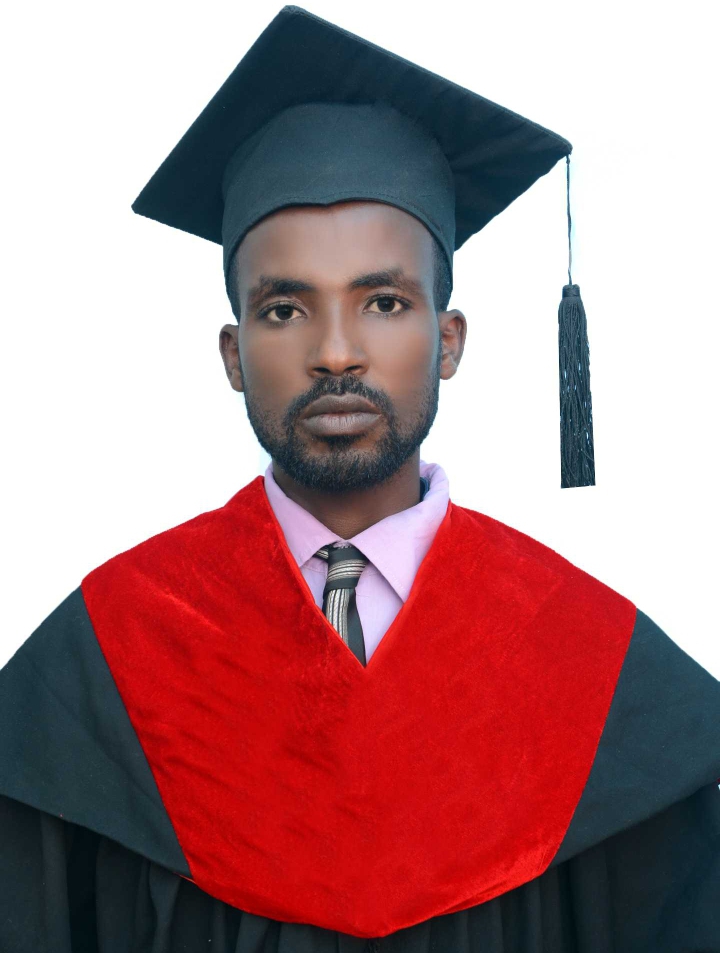
This blog was written by Kirsten Elliot, HWI’s Development & Communications Director. You can learn more about Kirsten here.
